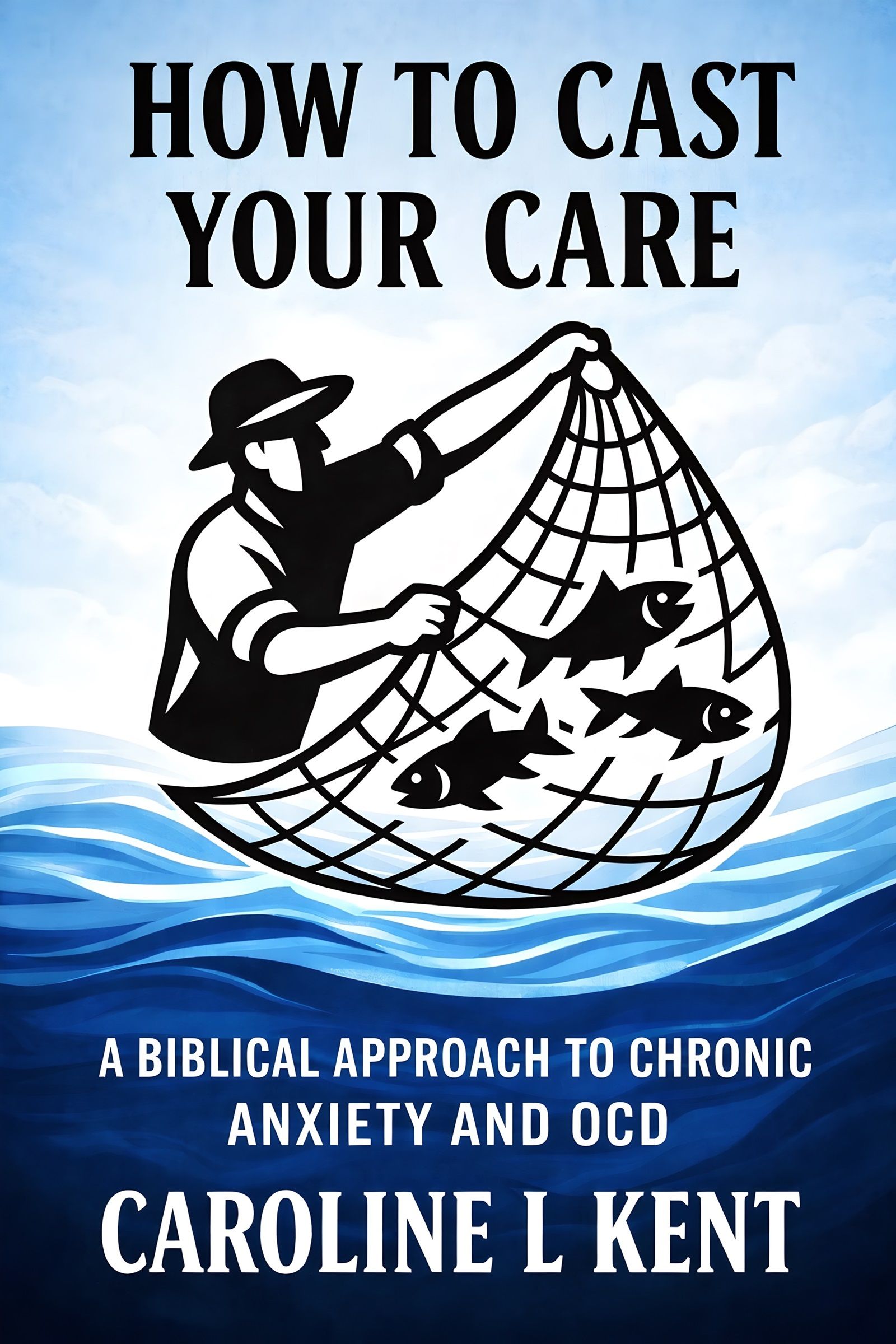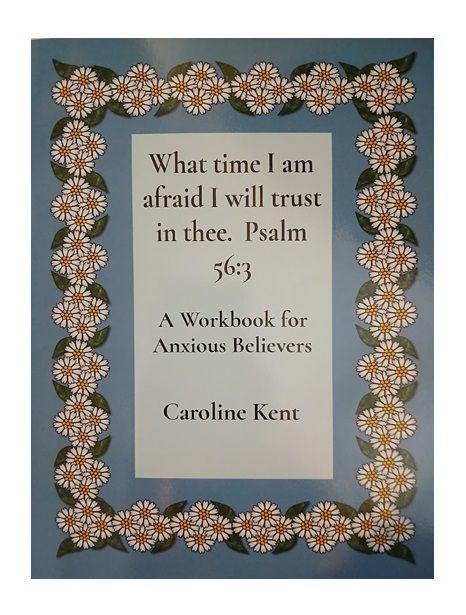Complex Trauma & PTSD
Introduction
Complex trauma refers to repeated, prolonged experiences of harm — often in childhood or through abusive relationships — that shape a person’s sense of safety, identity, and trust. Post-Traumatic Stress Disorder (PTSD) arises when the mind and body remain trapped in the memory of past events, leading to flashbacks, hyper-vigilance, avoidance, and deep distress.
The Bible does not use modern clinical terms, but it does speak vividly to the reality of brokenness, fear, and affliction. Many of God’s people — Job, David, Jeremiah, Elijah — experienced overwhelming anguish and despair. Yet Scripture assures us that God “healeth the broken in heart, and bindeth up their wounds” (Psalm 147:3). Richard Baxter, in his Christian Directory, counsels those afflicted by fear, despair, and the after-effects of suffering to look to God’s providence, to use lawful helps for their weakness, and to rest their souls in Christ.
Scripture Focus
- “When thou passest through the waters, I will be with thee; and through the rivers, they shall not overflow thee: when thou walkest through the fire, thou shalt not be burned; neither shall the flame kindle upon thee.” (Isaiah 43:2, KJV)
List of Relevant Scriptures
- Psalm 34:18 – The Lord is near to the brokenhearted.
- Psalm 56:3 – “What time I am afraid, I will trust in thee.”
- Isaiah 61:1 – Christ binds up the brokenhearted and proclaims liberty to captives.
- Lamentations 3:19–24 – Hope in God amid overwhelming affliction.
- Matthew 11:28–30 – Christ offers rest to the weary and heavy laden.
- John 14:27 – Christ’s peace drives out fear.
- 2 Corinthians 1:3–4 – God comforts us in all tribulation.
- Hebrews 4:15–16 – Our High Priest sympathises with our weakness.
- Revelation 21:4 – God will wipe away all tears.
Overview of the Biblical Teaching on This Issue
Trauma reflects the reality of living in a fallen world where sin and suffering wound deeply. Scripture never belittles such wounds — the Psalms give voice to cries of terror, grief, and despair. Yet the Bible also insists that trauma does not have the last word.
God is the Refuge and Healer of the brokenhearted. Christ Himself bore violence, shame, and betrayal, and is thus the sympathetic High Priest who understands the depth of human suffering. Believers are called to bring their pain honestly before God, to seek His comfort, and to hope in His final redemption.
Pastoral Guidance
Drawing on Baxter’s counsel and biblical wisdom:
- Name the wound before God: Baxter urged the afflicted not to hide their grief but to bring it into prayer, like the psalmists who “poured out their complaints before the Lord.”
- Do not condemn weakness: He recognised that “melancholy” (what we would call trauma-related depression and fear) can distort perception. Believers should not mistake this for lack of grace.
- Use lawful helps: Baxter commended both spiritual and physical remedies — fellowship, wise counsel, medical help, and bodily rest — as God’s provisions for the suffering.
- Anchor in providence: “All things work together for good to them that love God” (Romans 8:28). Even traumas are under God’s sovereign hand, though their mystery is deep.
- Look to Christ’s sufferings: He endured betrayal, scourging, and the cross. By His wounds, He brings meaning and hope to ours.
- Encourage gentle perseverance: Healing is often slow. Baxter likens affliction to a furnace that refines faith, urging sufferers not to despair but to hold fast to God’s promises.
Further Reading
- Richard Baxter, A Christian Directory, Part I, Ch. VIII (“Directions for Quieting the Mind and Curing Inordinate Fears”), and Part IV, Ch. IX (“Directions for the Forgiving of Injuries and Enemies”).
- John Flavel, Preparations for Sufferings.
- Thomas Brooks, A Mute Christian under the Smarting Rod.
- Jeremiah Burroughs, The Rare Jewel of Christian Contentment.
- Modern: Bessel van der Kolk, The Body Keeps the Score (clinical insight); Edward Welch, When People Are Big and God Is Small (biblical insight on fear and shame).





